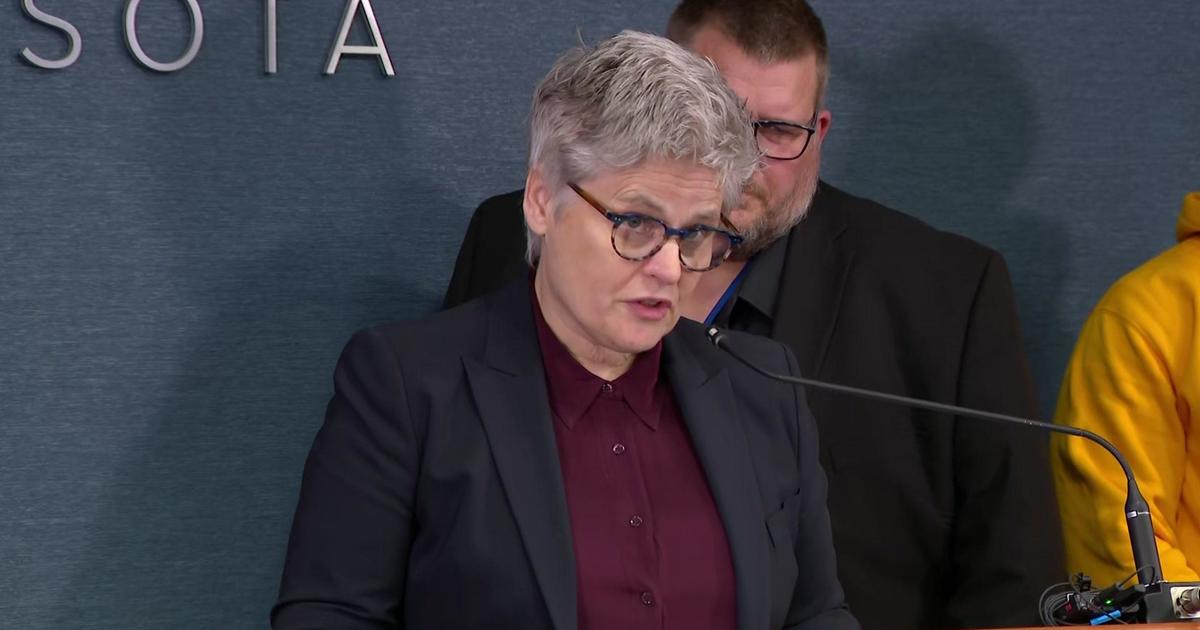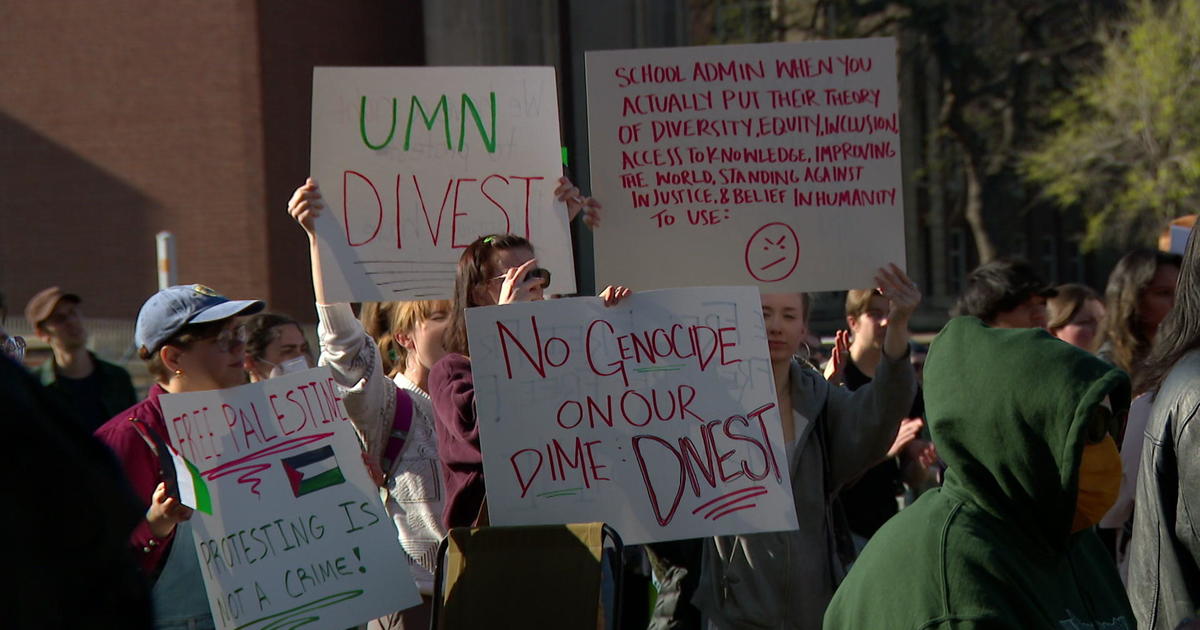At Least 5 Beaches In The Twin Cities Closed Due To E. Coli Levels Ahead Of Warm Weekend
MINNEAPOLIS (WCCO) – It's an unfortunate but not unusual summer occurrence, coming just as weekend weather turns hot and humid. A sad sight on a sultry day when swimmers hoping to beat the heat discover their beach closed.
Rachel Crabb is water resources manager for the Minneapolis Parks Board. It's her job to monitor water quality at the 12 city beaches.
"E.coli lives in the guts of all warm blooded organisms and people are warm blooded," Crabb said.
No fewer than five metro area beaches are closed, including three in Minneapolis. Test results show unsafe levels of E.coli bacteria, an indicator of water quality.
In Minneapolis, Thomas Beach, 32nd Street Beach and the swimming beach at Lake Hiawatha will be off limits to swimmers through the weekend.
The cause of the elevated E.coli readings is likely due to recent rains.
"That storm water contains E.coli and that E.coli gets there from animals, people or from overgrown wet organic matter," Crabb said.
Roseville's McCarron beach is also turning away swimmers this weekend - but not geese. Animal droppings often elevate E. coli levels.
However, the pathogen that sickened more than 170 people on Minnetonka's Big Island over the July 4th holiday was likely caused by humans.
"That E. coli we test for is simply an indicator organism that there may be fecal matter in the water. It is not the same E. coli illness we talk about when humans are sick," Trisha Robinson, of the Minnesota Department of Health, said.
Robinson heads the health department's waterborne diseases unit and says they may never know the exact cause of the Big Island outbreak.
Experts advise swimmers to use common sense and not to enter the water if they are ill, don't ingest lake water and shower thoroughly after swimming.
"If somebody is sick with something to cause illness just simply going into the water and washing off into the water can make a large number of people sick," Robinson said.
All the lakes in question will be retested and will reopen just as soon as the E. coli levels become safe.



